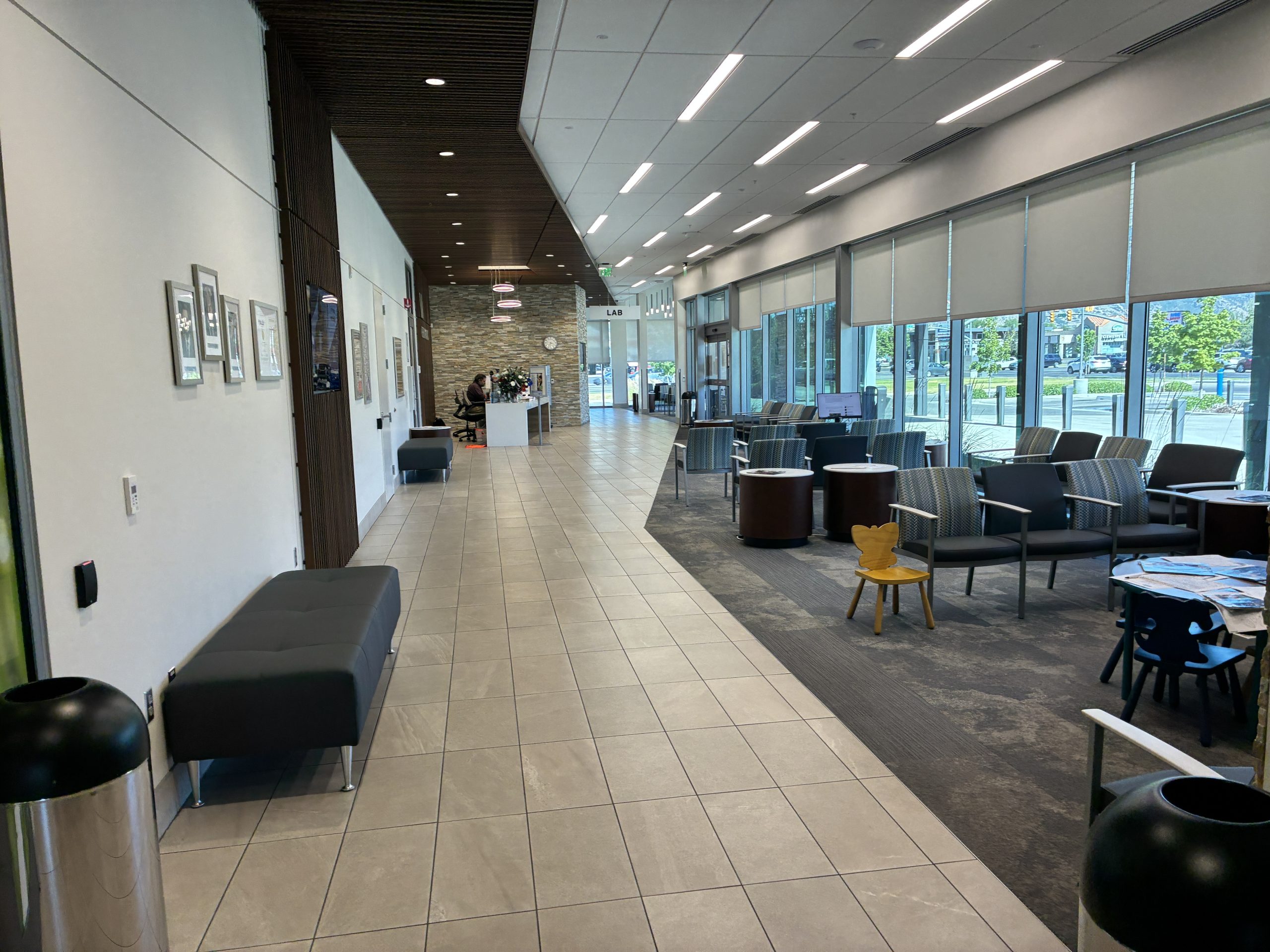When it comes to managing hearing loss, America’s veterans have more choices today than ever before. With both private audiology clinics and Department of Veterans Affairs (VA) audiology services available, veterans may find themselves wondering: which is the better option? While there is no one-size-fits-all answer, understanding the benefits and limitations of each can empower veterans to make informed decisions about their hearing health.
Understanding the Basics: Who Is Eligible?
VA Audiology Care is available to any veteran enrolled in VA health care. You do not need to have a service-connected hearing loss to receive hearing aids. If you are not service-connected, you may have a co-pay for services: one for the hearing evaluation and another when you pick up the hearing aids. Co-pays typically range from $15 to $50, which is an excellent deal compared to purchasing high-end hearing aids in the private sector that may cost up to $8,000. Learn more from the VA Hearing Aid Services Overview.
Private Audiology Care is available to anyone and typically covered through private insurance, Medicare Advantage plans, or out-of-pocket payments. Some veterans may also be referred to community care providers outside the VA if certain conditions are met. For more on insurance coverage, see What to Know Before Buying Hearing Aids.
Pros and Cons of VA Audiology Services

Pros:
- Comprehensive Coverage: If eligible, veterans can receive hearing evaluations, hearing aids, batteries, accessories, and follow-up care with minimal or no out-of-pocket cost.
- High-Quality Devices: The VA offers some of the best hearing aid technology available, including major brands like Phonak, Oticon, Starkey, and ReSound. Read more in our guide to Top Hearing Aids Used by the VA.
- Continuity of Care: Veterans often have access to long-term follow-up with the same clinic and providers, leading to consistent treatment.
- Specialized Experience: VA audiologists are highly experienced in treating noise-induced hearing loss and tinnitus, conditions common among veterans.
Cons:
- Wait Times: Initial appointments and follow-ups can sometimes take weeks to months to schedule, especially in high-demand areas.
- Geographic Limitations: Veterans in rural areas may have to travel long distances to reach a VA facility.
- System Navigation: The VA system can be complex to navigate, especially for new enrollees unfamiliar with military or government healthcare bureaucracy.
Pros and Cons of Private Audiology Care
Pros:
- Faster Access: Private clinics often have much shorter wait times, sometimes offering appointments within a few days.
- Personalized Service: Many private clinics operate with a strong focus on customer service and patient satisfaction, offering a more “concierge” feel.
- Expanded Options: Private providers may offer a broader variety of devices, including premium technology not always available through the VA. See our breakdown of Best Invisible Hearing Aids.
- Convenience: Clinics are often located closer to home, especially in suburban or urban areas.
Cons:
- Cost: Hearing aids and services can be expensive if not covered by insurance, with devices ranging from $2,000 to $7,000 per pair—sometimes even higher. Read more about how hearing aid pricing works.
- Inconsistent Quality: Not all private audiologists are created equal. Quality of care can vary significantly between providers.
- Limited Experience with Veterans: Some private audiologists may not have the same level of experience managing service-related conditions like tinnitus or blast-induced hearing loss.
What About VA Community Care?
For veterans who face significant travel burdens or long wait times, the VA offers Community Care, allowing eligible patients to receive treatment from private providers at VA expense. This hybrid model combines the best of both worlds, but requires pre-approval and coordination through a VA care team. For eligibility, visit the VA Community Care webpage.
Factors to Consider When Choosing
Here are key questions veterans should ask themselves:
- Am I eligible for VA care and do I qualify for hearing aids through the VA?
- How far is the nearest VA audiology clinic and how long is the wait?
- Do I have private insurance that covers hearing aids?
- Is my hearing loss service-connected?
- Do I need a provider with experience in military-specific conditions?
Bottom Line
For many veterans, VA audiology care offers an exceptional value: top-tier hearing aids, low or no cost, free lifetime support, and providers who understand military-related hearing conditions. However, for those looking for faster service, greater choice in device style, or more personalized experiences, private audiology care can be a strong alternative. And with the VA’s Community Care option, some veterans may be able to combine the benefits of both worlds.
Ultimately, the best choice depends on your individual priorities: cost, access, convenience, and clinical expertise. Talk to both your VA care coordinator and a private audiologist to find the path that fits your needs.

